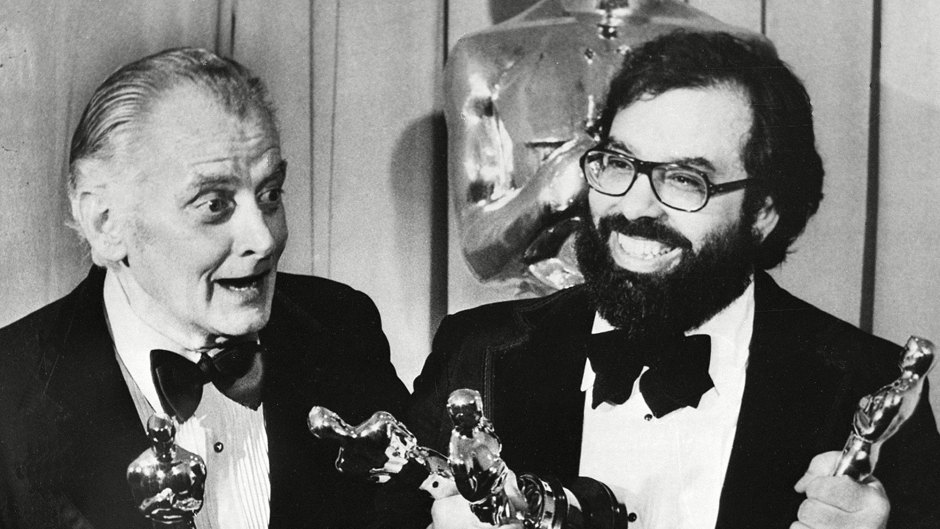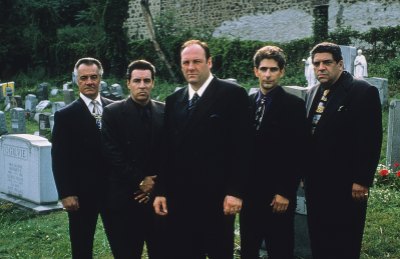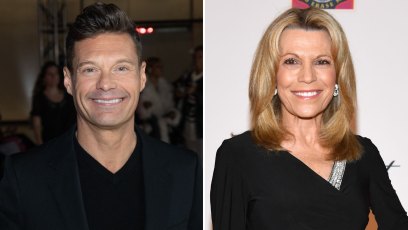
AP/Shutterstock
Inside the Lasting Impact of ‘The Godfather’ — Nearly 50 Years Later
Few movies have influenced our culture as significantly as 1972’s The Godfather. Many revered films, like GoodFellas, and TV shows, like The Sopranos, would probably not exist without this groundbreaking classic. Since its release, there have been nearly 300 movies about the Mafia and related gangsters. In fact, the film was so effective that actual mobsters cherish it.
“Maybe it was fiction,” said former Gambino crime family underboss Salvatore “Sammy the Bull” Gravano, “but for me, then, that was our life. I remember talking to a multitude of guys, made guys, who felt exactly the same way.”

The Godfather didn’t traffic in Italian stereotypes, but gave the characters a human dimension. While groups like the Italian-American Civil Rights League felt it could seem anti-Italian — even entertainer Vic Damone, who was considered for the role of singer Johnny Fontane, declared it “was not in the best interests of Italian-Americans” — film critics were mostly enthusiastic. The New York Times raved, “Francis Ford Coppola has made one of the most brutal and moving chronicles of American life ever designed within the limits of popular entertainment.”
The movie received countless accolades and took home the big prizes at the Oscars that year. It won best picture, best actor for Marlon Brando and best adapted screenplay. It also snagged three Golden Globe awards (for best motion picture, drama; best director; and best actor, drama) and a Grammy for best original score. Though Al Pacino didn’t win an Oscar, he was given a best actor award by the National Society of Film Critics Awards, as well as a best supporting actor award by the National Board of Review.
The Godfather earned the No. 3 spot on AFI’s 100 Greatest American Movies of All Time list, right behind Citizen Kane and Casablanca — not bad company. In 1990, it was also chosen for preservation in the National Film Registry for being “culturally, historically and aesthetically significant.”





































